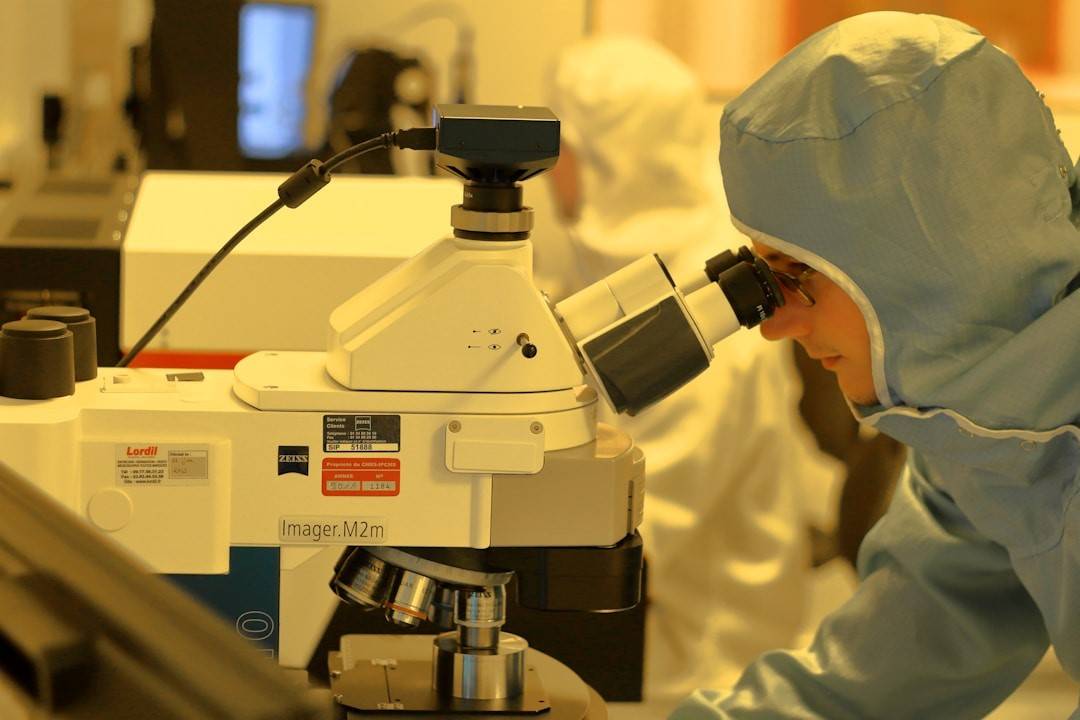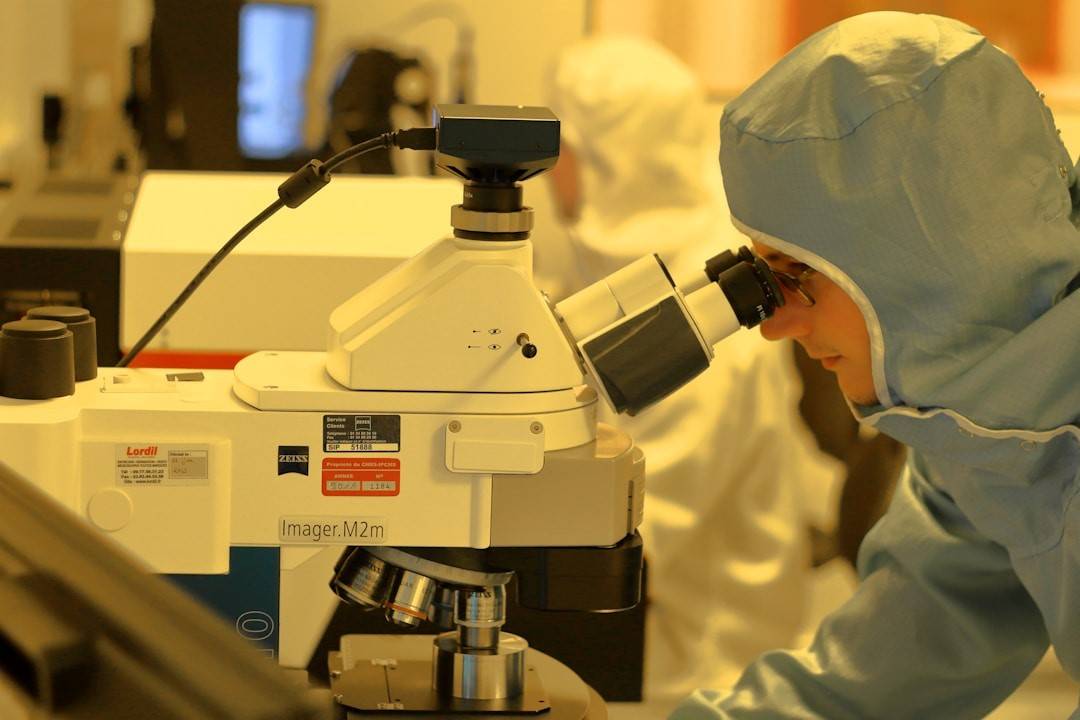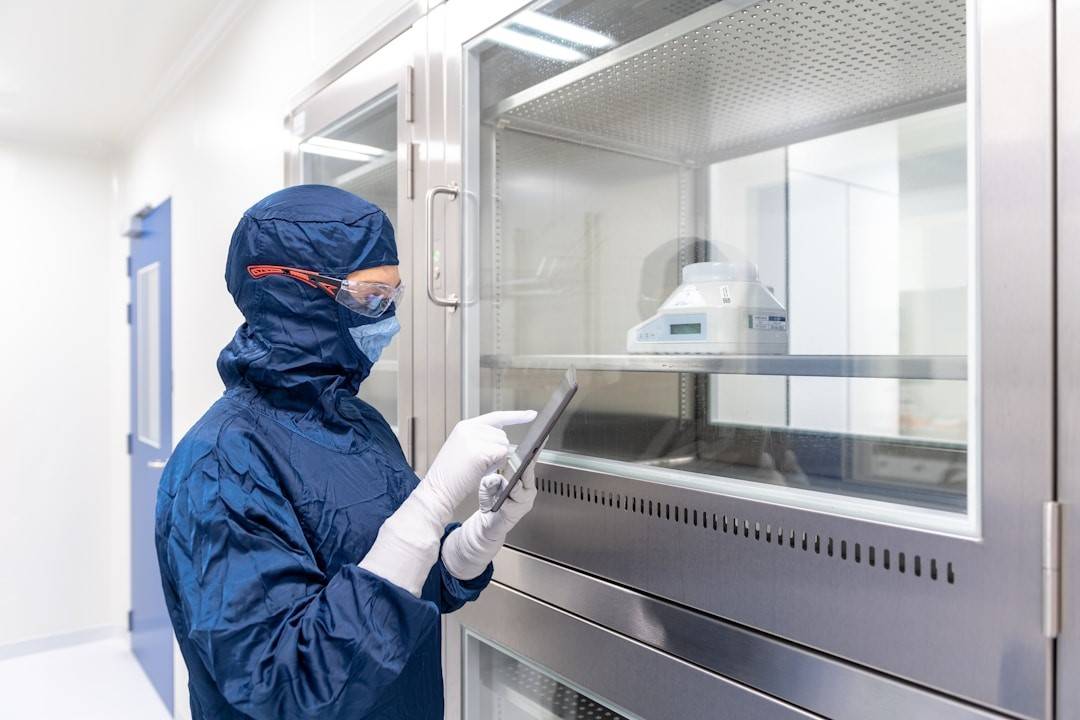
How To Advance Your Career With a Master’s Degree in Medical Laboratory Science
In the rapidly evolving healthcare industry, professionals in the field of medical laboratory science are in high demand. Advancing your career in this area often requires specialized education and skills. Pursuing an advanced degree is an effective way to take your career to the next level. Below, we will explore the key benefits, career opportunities, and steps to advance your career successfully with this advanced degree.
Key Benefits of Pursuing a Master’s in Medical Laboratory Science

Earning a master’s degree opens doors to a wide range of professional growth and opportunities in medical laboratory science. This advanced education allows you to deepen your expertise and specialize in areas such as clinical laboratory management, molecular diagnostics, or research. With this higher level of knowledge, you become a more valuable asset to employers and are positioned for leadership roles within your organization.
A key benefit of obtaining a master’s degree is the increased earning potential. Graduates of master’s programs in medical laboratory science often command higher salaries than their counterparts with only a bachelor’s degree. This additional financial reward reflects both the advanced skill set and leadership abilities that come with this level of education.
Furthermore, earning a master’s degree can significantly improve your job security. As the healthcare industry becomes more complex and specialized, the demand for highly skilled professionals continues to rise. With a master’s degree, you are better equipped to meet the evolving needs of the industry and can adapt to changes in technology, regulatory standards, and treatment protocols.
This level of education can provide personal fulfillment, career advancement, and financial rewards. For those passionate about science and healthcare, advanced studies offer the chance to engage in meaningful research, contribute to scientific innovation, and make a greater impact on patient outcomes. The opportunity to lead research projects or implement new laboratory techniques can be deeply satisfying and rewarding. Search online for “master medical laboratory science” for more information.
Career Opportunities After Earning a Master’s in Medical Laboratory Science

Upon completion of a master’s degree, graduates open themselves up to a wide range of career opportunities. One key area of growth is in laboratory management. With advanced training, you can take on roles such as laboratory director, manager, or supervisor, overseeing the daily operations of medical laboratories and ensuring high standards of patient care.
Another promising career path is in clinical research. A master’s degree in medical laboratory science equips you with the skills necessary to conduct research in laboratory settings, advancing knowledge in diagnostics and treatment methods. You may find opportunities to work with pharmaceutical companies, research institutions, or hospitals pushing medical science’s boundaries.
Moreover, professionals with a master’s degree in this field are in high demand for education roles. Whether teaching in academic institutions or training new laboratory staff, educators play a crucial role in shaping the next generation of medical laboratory scientists.
Finally, with a master’s degree, you can explore careers in regulatory affairs or consulting. As healthcare regulations become more stringent, the expertise of those who understand the intricacies of laboratory practices and compliance is highly valued. Professionals in these roles help ensure laboratories adhere to safety protocols, quality standards, and legal requirements, ensuring smooth operations and avoiding costly mistakes.
Steps to Successfully Advance Your Career with a Master’s Degree
To successfully advance your career with a master’s degree, choose the right program. Look for accredited institutions that offer a curriculum aligned with your career interests and professional goals. Consider programs that provide a mix of theoretical knowledge, hands-on experience, and opportunities for internships or clinical placements to enhance your learning.
Next, focus on building a strong professional network. Connect with faculty, fellow students, and alumni to exchange ideas and gain insight into the various career paths available. Networking within your field can help you discover job opportunities and stay updated on industry trends and best practices.
Additionally, gaining relevant certifications or licenses can enhance your qualifications and increase your employability. Many professional organizations offer certification programs that validate your skills in specialized areas such as molecular biology, immunology, or hematology.
Lastly, focus on continuous learning and professional development throughout your career. Attend workshops, conferences, and seminars to stay updated on the latest advancements in medical laboratory science. Pursuing further certifications, taking on leadership roles, and engaging in collaborative projects will allow you to keep progressing in your career, ensuring long-term success and fulfillment.
Altogether, pursuing a master’s degree in medical laboratory science opens numerous doors for career growth and personal fulfillment. You can achieve lasting success in this dynamic field by enhancing your expertise, expanding your professional network, and staying committed to continuous learning.

Comments (0)